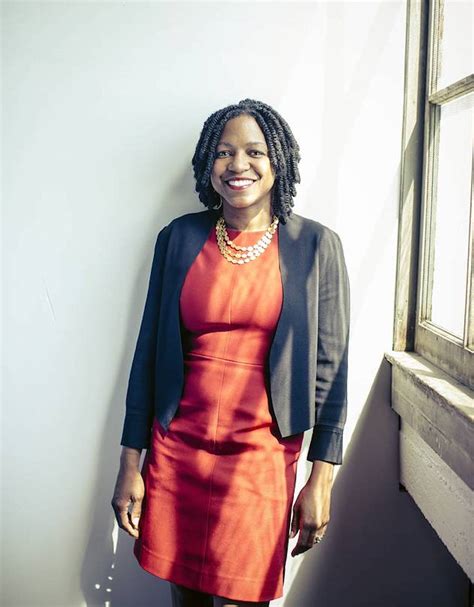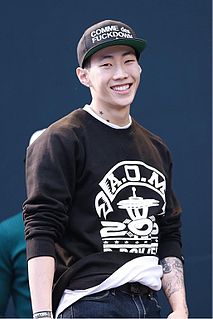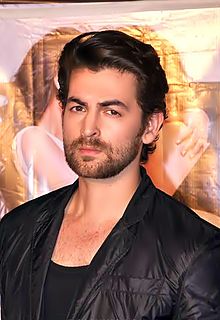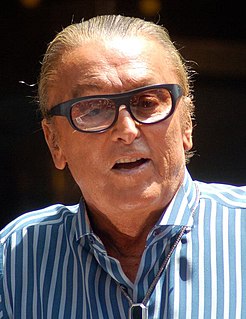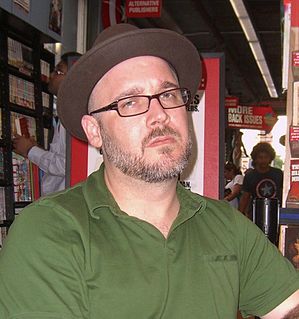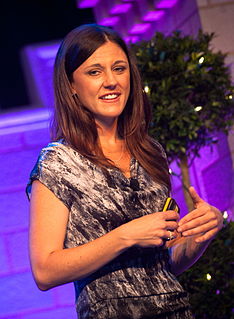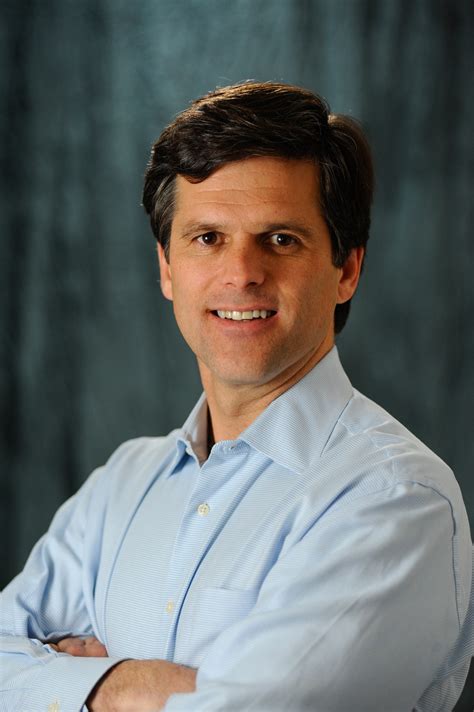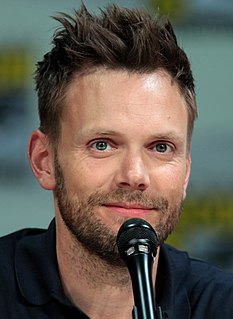A Quote by Tom Tancredo
Like 90 percent of Ivy League professors, Hollywood celebrities, and late-night TV hosts, the media are also all in for Obama's 'transformative change' and 'social justice.' They've never met a race card slander they didn't like.
Related Quotes
I didn't know Penn was an Ivy League school - I didn't know what the Ivy League was. When I got in, they sent me the package, and the tuition was my mother's salary for a year. My mom said, 'We can't afford it.' So I went to the library and found several scholarships and grants and was able to cover 90 percent of my education that way.
In 1980s, I discovered 'Late Night with David Letterman.' It was on one of the 13 cable TV channels. They didn't have 25 late night talk show hosts trying to be the most outrageous. There was the likeable television genius Johnny Carson and his mad-genius counterpart Dave. There was nothing else crazy on TV every night, and there was no Internet.
There's a reason why every successful person in Hollywood has like seven or eight projects up in the air at any point. It's like a 90 percent chance for each project that it'll never happen. Every project has about a 10 percent chance of getting made, unless you're like a Quentin Tarantino or somebody who just gets whatever they want to get done. But those are the rare cases.
Re-introducing Aquaman and getting him to a place like that and then ultimately having him headline a Justice League storyline that crosses over between his book and Justice League really is the culmination of where we've been going with the character since the beginning. His role in this will change the Justice League storyline, it will change him, and it will send them both in new directions.
Every day I am being told to sign up for Tumblr, Yammer, Friendfeed, Plaxo, Last.fm, ping.fm or the hot social-media tool du jour that happened to get mentioned on Mashable.com. It is like a social-media arms race. Each one of these new tools is like a cool new night club. Hot today, gone tomorrow, replaced with something else.
Social media is alluring, tempting, frustrating, etc. We mistake our interactions in social media as community, but is community possible when you don't even know what someone looks like or what his or her voice sounds like? I've enjoyed connecting with a lot of poets through social media, but do I truly know them if I haven't even met them yet?
We can't have close to 90 percent of those prenatally diagnosed with an intellectual disability being aborted; 90 percent not going to school; more than 90 percent reporting discrimination in the healthcare system; and 90 percent unemployed, and tell ourselves that we're doing a good job. The obstacles to leading a full life for the vast majority of people with intellectual disabilities are far beyond what they should be, and far beyond what we should tolerate. So yeah, I want change.
What's awesome about social media is you curate your own experience. That leads to the rise of niche celebrities, who are actually just as popular as mass celebrities, but because there's no incentive for traditional media to invest in them as celebrities, they find a home where people can follow them on Instagram.

